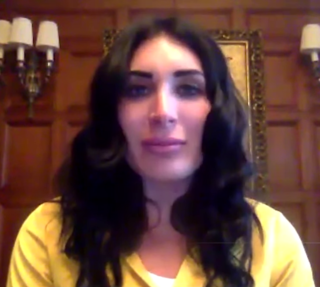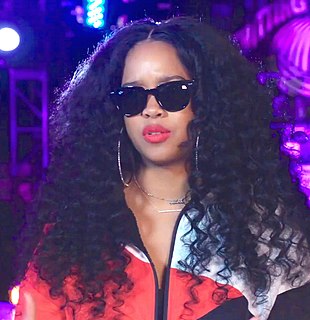A Quote by Laura Loomer
Social media companies like Twitter and Facebook get to decide whether or not you get pertinent information about national security issues in your country.
Related Quotes
If you rely on the media for your information, to educate yourself about the candidates and what issues are facing the country, then you get just part of the equation. I think it's important that we as citizens of this democracy take the responsibility to get as much information as possible before we go into the voting booth.
PR got to be much bigger because of the emergence of digital media. Now we have hundreds of people who are, in a sense, manning embassies for Facebook and Twitter for brands. So the business in effect has morphed from pitching stories to traditional media, to working with bloggers, Twitter, Facebook and other social media, and then putting good content up on owned websites.
The evolution of social media into a robust mechanism for social transformation is already visible. Despite many adamant critics who insist that tools like Facebook, Twitter, and YouTube are little more than faddish distractions useful only to exchange trivial information, these critics are being proven wrong time and again.
I only know what it's like to be an author with social media. I can't compare. I do think we lose the mystery of the author. Today, I get tons of e-mails and Facebook messages from readers, and my goal with Twitter and Facebook is, if someone reaches out to me, I'm going to respond to them. I don't want to be an elitist author who is untouchable. I'm just a regular person, too. I will always respond to everybody.
Whether it's Facebook or Google or the other companies, that basic principle that users should be able to see and control information about them that they themselves have revealed to the companies is not baked into how the companies work. But it's bigger than privacy. Privacy is about what you're willing to reveal about yourself.






































